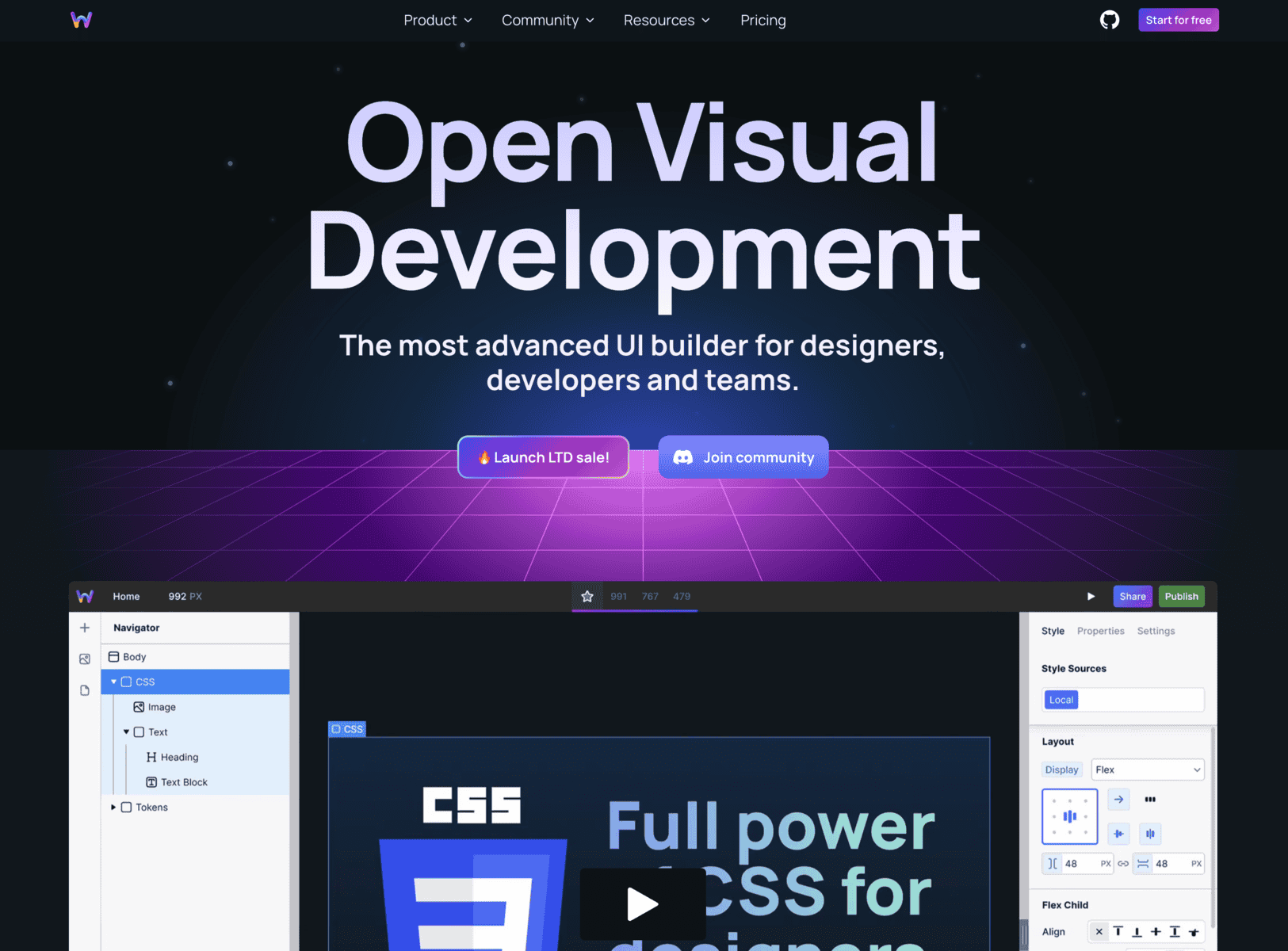I've got a game-changing checklist to supercharge your website's SEO using WordPress.
With keyword research, on-page optimization, technical SEO, content optimization, and link building, you'll be unstoppable in the search engine rankings.
This comprehensive checklist will guide you step by step, ensuring that your website is fully optimized to drive more organic traffic and increase your online visibility.
Get ready to dominate the digital landscape with this ultimate WordPress SEO checklist.
Let's dive in and elevate your website's performance!
Key Takeaways
- Conduct thorough keyword research to identify targeted keywords and uncover new keyword opportunities.
- Optimize on-page elements such as page speed, user experience, readability, and content alignment with user search intent.
- Implement technical SEO techniques to improve website speed, indexing, and visibility in search results.
- Focus on content optimization by incorporating relevant keywords, optimizing metadata and header tags, and providing valuable and informative content.
Keyword Research
In this article, I'll guide you through the process of conducting keyword research to enhance your website's SEO.
Keyword research is a crucial step in optimizing your website for search engines. It involves analyzing the keywords your competitors are using and identifying long tail keywords that can help you rank higher in search engine results.
Competitor analysis is an important part of keyword research. By studying your competitors' websites, you can identify the keywords they're targeting and gain insights into their SEO strategy. This information can help you uncover new keyword opportunities and refine your own keyword strategy.
Long tail keywords are specific, niche phrases that are longer and more targeted than generic keywords. They've lower search volumes but higher conversion rates. By incorporating long tail keywords into your website content, you can attract more qualified traffic and improve your chances of ranking higher in search engine results.
On-Page Optimization
To optimize my website's SEO, I'll implement on-page optimization techniques.
On-page optimization plays a crucial role in improving the visibility and ranking of my website on search engine result pages.
Here are three key strategies I'll employ to enhance my website's on-page optimization:
- Page speed optimization: I'll ensure that my website loads quickly to provide a seamless browsing experience for visitors. By optimizing images, minimizing code, and leveraging caching techniques, I can reduce page load times and improve user satisfaction.
- User experience enhancement: I'll focus on creating a user-friendly website that's easy to navigate and provides valuable content. By optimizing headings, improving readability, and organizing information effectively, I can enhance the overall user experience and encourage visitors to stay longer on my website.
- Content optimization: I'll optimize my website's content by incorporating relevant keywords, meta tags, and descriptive URLs. By aligning my content with user search intent and ensuring it's well-structured, informative, and engaging, I can increase the chances of my website ranking higher in search results.
Technical SEO
I will implement technical SEO strategies to optimize my website's performance and enhance its visibility on search engine result pages.
One of the crucial aspects of technical SEO is website speed. A slow-loading website can negatively impact user experience and increase bounce rates. To improve website speed, I'll optimize images by compressing them and using lazy loading techniques. I'll also minify CSS and JavaScript files to reduce their size and enable browser caching to store static resources.
Another important element of technical SEO is XML sitemaps. These sitemaps help search engines understand the structure of your website and index its pages more effectively. By regularly updating and submitting XML sitemaps, I can ensure that all my website's content is discoverable by search engines, ultimately improving its visibility in search results.
Content Optimization
Optimizing content involves conducting keyword research and incorporating relevant keywords into my website's pages and blog posts. This ensures that my content aligns with what users are searching for, increasing the chances of my website ranking higher in search engine results.
However, content optimization isn't just about keywords. It also involves metadata optimization, which includes optimizing title tags, meta descriptions, and header tags to provide search engines with valuable information about my content.
Additionally, I need to implement user engagement strategies to keep visitors on my website longer and encourage them to interact with my content. This can include incorporating multimedia elements, such as images and videos, using clear and concise language, and providing valuable and informative content that solves users' problems.
Link Building
After optimizing my website's content, it's time to focus on link building to further improve its SEO and increase its visibility in search engine results. Link building involves acquiring high-quality backlinks from other websites, which signals to search engines that your website is authoritative and trustworthy. There are several effective outreach strategies to implement for successful link building. One such strategy is guest blogging, where you write and publish articles on other websites in exchange for a backlink to your site. This not only helps to build a strong network and establish your expertise but also generates referral traffic to your website. By incorporating guest blogging and other outreach strategies into your link building efforts, you can enhance your website's SEO and boost its online presence.
| Outreach Strategies | Guest Blogging |
|---|---|
| Email outreach | Write articles |
| Social media engagement | Submit to relevant sites |
| Influencer collaboration | Build relationships |
| Broken link building | Offer valuable content |
| Resource page link building | Seek opportunities |
Frequently Asked Questions
How Can I Improve the Loading Speed of My Website for Better Seo?
To improve website performance for better SEO, I focus on optimizing website images and increasing loading speed. By reducing image sizes, utilizing caching techniques, and optimizing code, I can enhance user experience and boost search engine rankings.
What Are Some Effective Strategies for Website Conversion Rate Optimization?
To improve website conversion rates, I implement various strategies and techniques. By analyzing user behavior, optimizing landing pages, and utilizing persuasive copywriting, I can effectively increase conversions and maximize the website's potential.
Are There Any Specific Tools or Plugins That Can Help With Tracking and Analyzing Website Analytics?
Yes, there are various tools and plugins available to track and analyze website analytics. These tools assist in monitoring website security, content marketing, and identifying areas for optimization and improvement.
How Important Is Mobile Optimization for SEO and What Steps Can I Take to Ensure My Website Is Mobile-Friendly?
Mobile optimization is crucial for SEO. To ensure a mobile-friendly website, focus on responsive design, fast loading speed, and intuitive navigation. The benefits include higher rankings, improved user experience, and increased conversions.
What Are Some Effective Ways to Promote My Website and Increase Its Visibility on Search Engine Result Pages?
To promote my website and increase visibility on search engine result pages, I focus on social media promotion and content marketing strategies. By leveraging these tactics, I can improve my website's SEO and attract more organic traffic.



